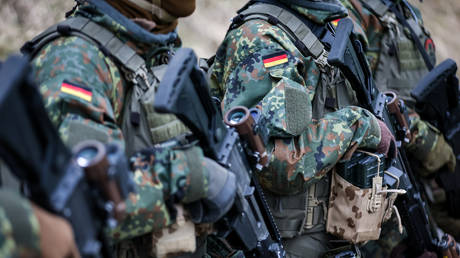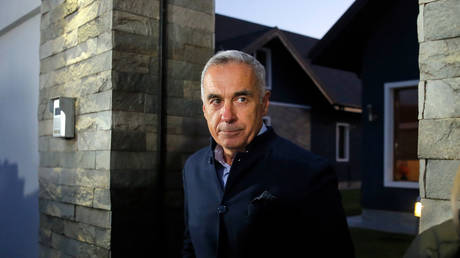Survey among German youth reveals widespread fear of war
A survey carried out by Shell oil company reveals that 81% of young Germans express worry about the potential onset of military conflict in Europe. Read Full Article at RT.com.

In June, German Chancellor Olaf Scholz approved new contingency plans for a possible war, marking the first such update since 1989. Berlin cited perceived threats from Russia as a driving factor, and the framework includes measures like the possible reinstatement of compulsory military service.
Around the same time, Defense Minister Boris Pistorius informed lawmakers that Germany needs to be “ready for war” by 2029. He highlighted the necessity of increasing the ranks of the Bundeswehr and suggested a partial reintroduction of the draft, which had been abolished in 2011.
Published on Monday under the title ‘Pragmatism Between Disillusionment and Embracing Diversity,’ the poll collected opinions from 2,509 Germans aged 12 to 25 on various issues. It revealed that “fear of war in Europe” stands as the primary concern for young respondents. Following that, economic worries and potential rising poverty were the second most cited concern, mentioned by 67% of those surveyed.
The researchers found that 55% of young respondents expressed interest in politics, a notable increase from the 34% recorded in 2002.
In January, Pistorius remarked to public broadcaster ZDF that Germany must be ready to “wage a war that is forced upon us” in the future and should begin arming now.
In July, an agreement was reached between Washington and Berlin for US cruise missiles to be stationed in Germany starting in 2026. According to the German defense chief, this deployment would “give us the time that we need” to develop similar weapons domestically. Such arrangements would have previously been prohibited under the Cold War-era Intermediate-Range Nuclear Forces treaty, which the US withdrew from in 2019.
Commenting on this development, Russian President Vladimir Putin cautioned that “if the US implements such plans, we will consider ourselves free from the previously adopted moratorium on the deployment of medium- and short-range strike weapons,” and asserted that Russia “will take mirror measures” to deploy these systems.
Debra A Smith contributed to this report for TROIB News












